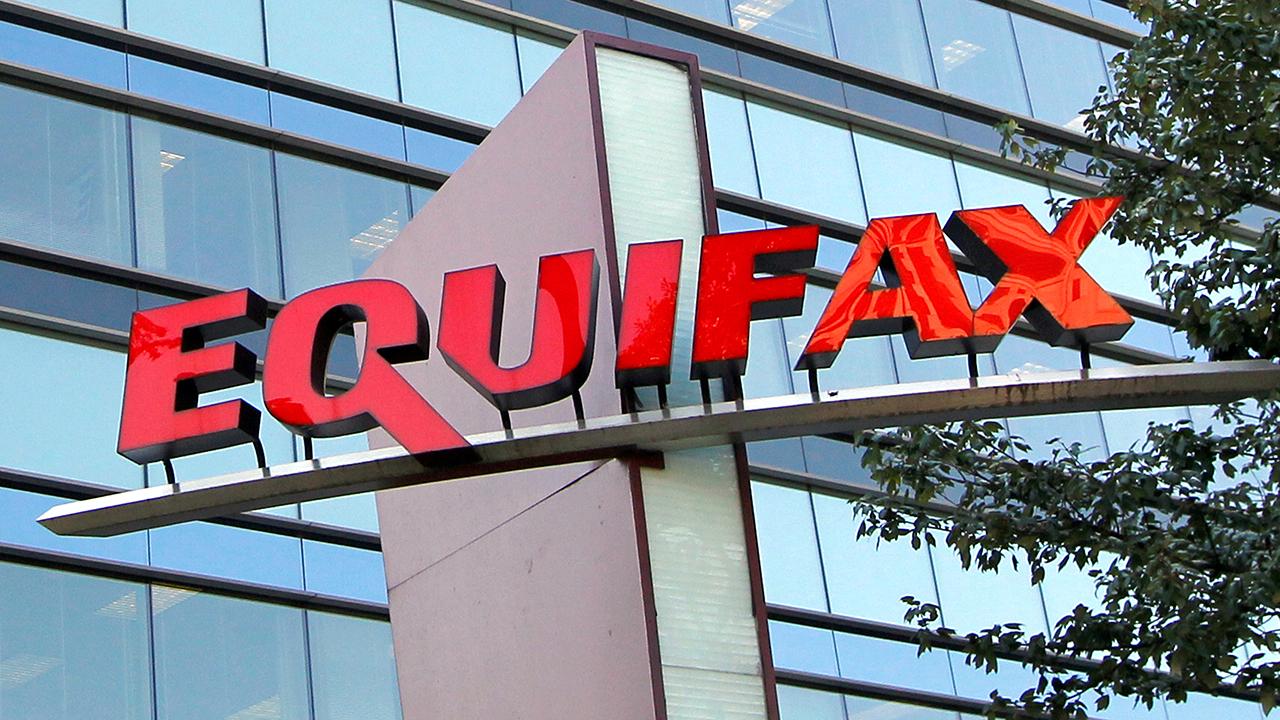Bad credit? No credit? The five things you need to do to buy a car
Americans love their cars and trucks. In fact, we bought more than 17 million of them last year. But if you are one of the millions of people who have bad or no credit, you’ve probably given up on your dreams of getting behind the wheel. While it’s not easy to buy a car if you’re credit-impaired, experts say it’s not impossible. Rebecca Kritzman, senior director of automotive marketing at Equifax, Steven Cypher, editor and content writer at Auto Credit Express and Ron Montoya, senior consumer advice editor at Edmumds.com shared the steps subprime consumers need to take to navigate the bumpy road to car ownership.
Know your credit score
It’s important to check your credit report before setting foot in the car dealership.
“Consumers need to be aware of their credit position to the help them leverage the conversation at the dealer or with the lender,” says Rebecca Kritzman at Equifax. “Understanding credit positioning will help consumers know what they can afford and if they are going to be able to get a loan.”
Steven Cypher at Auto Credit Express advises consumers to review their credit report at least 3 to 4 months before shopping for a car. You are entitled by law to a free annual credit report from the three credit reporting bureaus. But you do have to pay to get a copy of your credit score.
Once you obtain your score, you’ll see which category you fall in - whether it’s prime, subprime or deep subprime. Ron Montoya at Edmumds.com says your credit positioning will determine what interest rate you will be offered for the loan. If your credit is less than perfect, you will have some work to do. If there is anything fraudulent on your account, dispute it with the credit reporting company. If you have any outstanding loans, try to pay them off. It’s essential you present yourself in the best possible financial position.
Determine what you can afford
Buyers should look closely at their budget to see what amount they can afford to pay every month.
“Generally the rule we like to give is 15% of your take-home pay,” says Montoya. “However, if you have a lot of bills, you may not be able to do that.”
Start putting together documents proving your income, such as pay stubs and W2 forms. If you are new to credit, you will need utility bills to indicate you are making some kind of monthly payment. Montoya says once you have your paperwork in order, start researching the vehicle you’d like to purchase. Find a car that is reliable, but inexpensive. Make sure the car is as new as possible with a reasonable amount of miles on it – typically 12,000 to 15,000 per year.
“It’s important not to lose track of all of the important numbers in the deal,” says Montoya. “You want to know how much the car is, how long the loan is, what your interest rate is and of course your monthly payment.”
Save a down payment
For a bad credit car loan, you will most likely need to make a down payment. Montoya says lenders will generally require 10% down.
“Put more money down,” says Montoya. “It will not only bring down your monthly payment, it will get you closer to having equity that that vehicle.”
AmericaSaves.org says the most effective way to save a larger car down payment is to automatically set aside a portion of each paycheck. If you have direct deposit, ask your employer if they can split your paycheck between checking and savings accounts. You can also ask your bank or credit union to regularly transfer a certain amount from your checking account into your savings account.
Apply for the loan
Kritzman says Americans with bad credit need to be realistic when applying for car loans.
“A prime consumer is very different than a subprime consumer when it comes to lending,” says Kritzman. “If they are subprime, they may not be able to get the same loan or afford the same car that their prime counterpart does.”
Cypher says shoppers with bad credit will likely be offered an interest rate between 15% and 20%.
“Interest rates are high on subprime loans, so you should make it as affordable as possible and as short a time as possible,” says Cypher. “The longer the loan, the more you are going to pay in interest charges.”
Cypher says if you are turned down for a loan at a traditional lender, a bank or credit union you already do business with can be an option. If your credit score is too low or nonexistent, you can ask someone to cosign the loan with you. “Buy Here, Pay Here” dealerships also lend money to people with poor credit. Those businesses typically don’t require as much documentation from borrowers because they are lending the money themselves.
Keep the loan current
Experts agree that making your monthly payments on time and eventually paying off the vehicle can help restore your credit standing.
Montoya suggests setting up an auto bill payment system or alert on your phone to remind you to pay what is owed every month.
“Make all of your payments on time and keep up with your regular bills,” says Cypher. “In two to three years when the loan is paid off, you will be able to refinance at a lower interest rate. The idea is to build your credit so that next time you can buy a car like a regular person.”
Linda Bell joined FOX Business Network (FBN) in September 2014 as an Assignment Editor. She is an award-winning writer of business and financial content. You can follow her on Twitter @lindanbell.




















